When a man makes a woman his wife, it's the highest compliment he can pay her, and it's usually the last
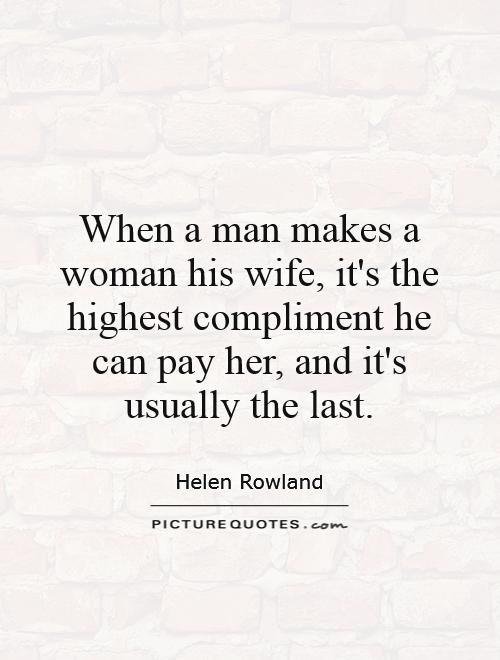
When a man makes a woman his wife, it's the highest compliment he can pay her, and it's usually the last
Helen Rowland, a renowned American writer and humorist, once famously said, "When a man makes a woman his wife, it's the highest compliment he can pay her, and it's usually the last." This statement encapsulates the traditional view of marriage as the ultimate commitment between two individuals, particularly in the context of a man and a woman.In Rowland's time, marriage was often seen as the pinnacle of a woman's achievement, the ultimate validation of her worth and desirability. To be chosen as a wife was considered a great honor, a sign that a woman had successfully fulfilled her societal role as a partner and caregiver. In this sense, marriage was not just a legal contract or a romantic union, but a symbol of a woman's value and status in society.
However, Rowland's statement also carries a hint of irony and cynicism. By suggesting that marriage is "usually the last" compliment a man pays a woman, she implies that once a woman becomes a wife, she may no longer receive the same level of attention, admiration, and appreciation from her husband. This reflects the traditional gender dynamics of marriage, where women were often expected to prioritize their husband's needs and desires above their own.



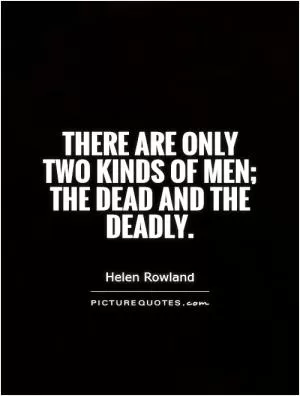


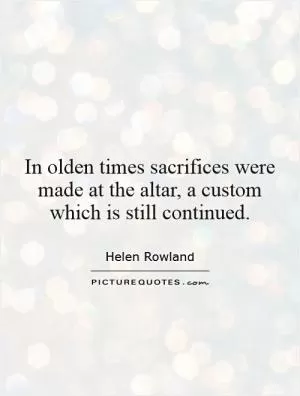
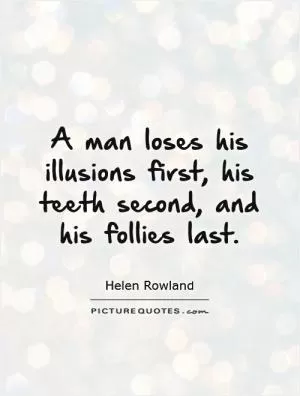

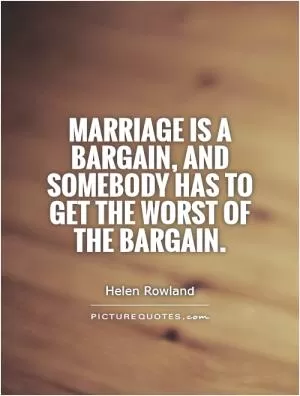
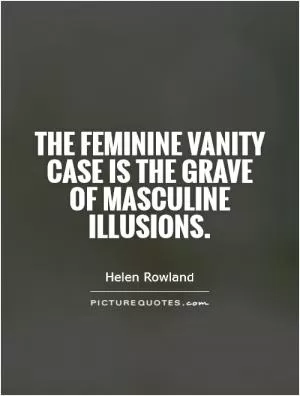

 Friendship Quotes
Friendship Quotes Love Quotes
Love Quotes Life Quotes
Life Quotes Funny Quotes
Funny Quotes Motivational Quotes
Motivational Quotes Inspirational Quotes
Inspirational Quotes